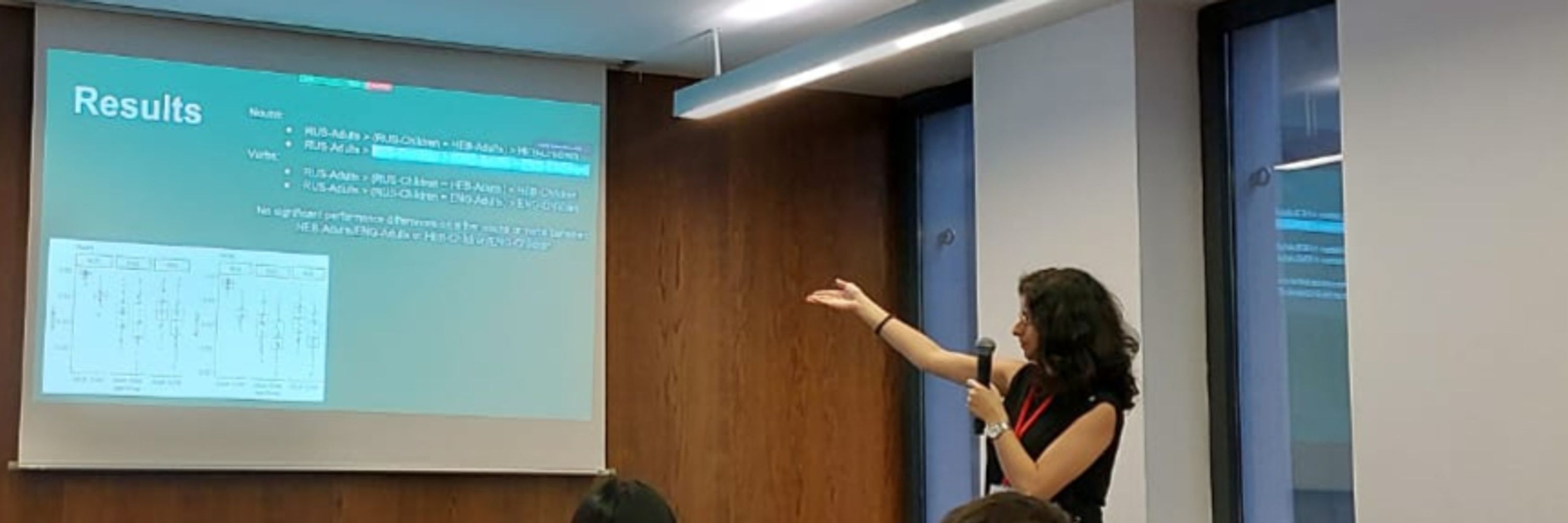
Northwestern University
"Non-commitment in mental imagery is distinct from perceptual inattention, and supports hierarchical scene construction"
(by Li, Hammond, & me)
link: doi.org/10.31234/osf...
-- the title's a bit of a mouthful, but the nice thing is that it's a pretty decent summary


"Non-commitment in mental imagery is distinct from perceptual inattention, and supports hierarchical scene construction"
(by Li, Hammond, & me)
link: doi.org/10.31234/osf...
-- the title's a bit of a mouthful, but the nice thing is that it's a pretty decent summary
doi.org/10.1111/cogs.70087
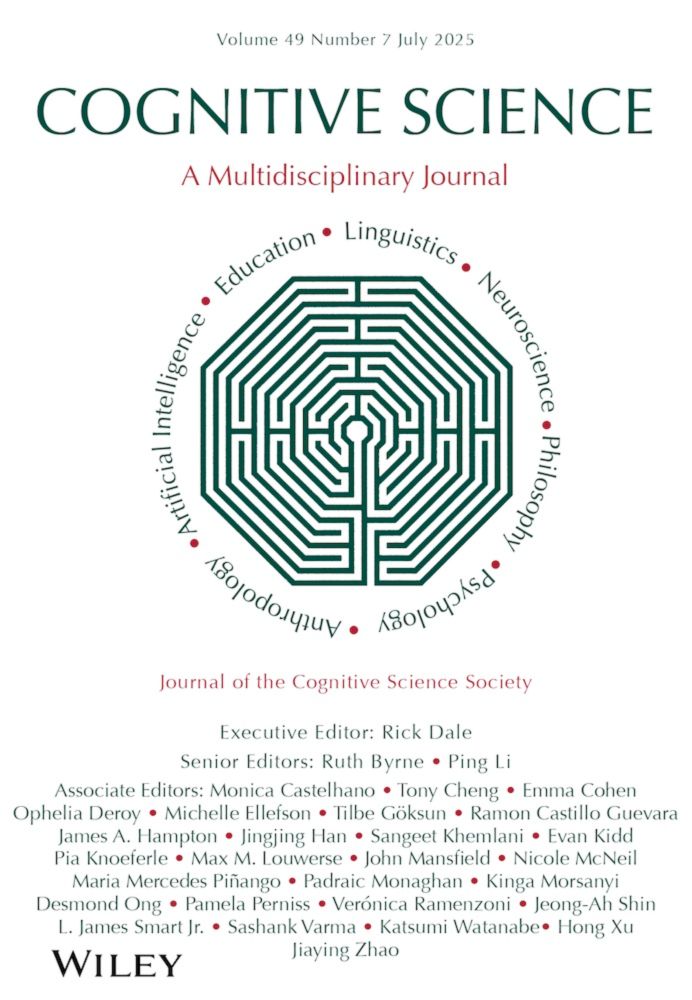
doi.org/10.1111/cogs.70087
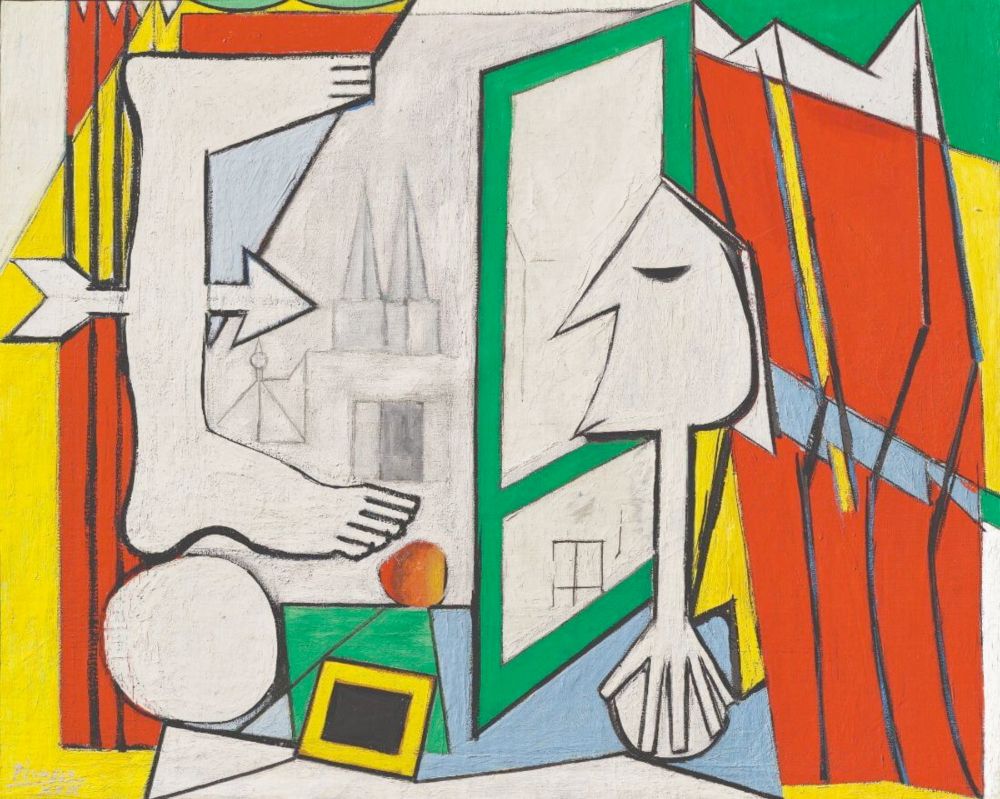
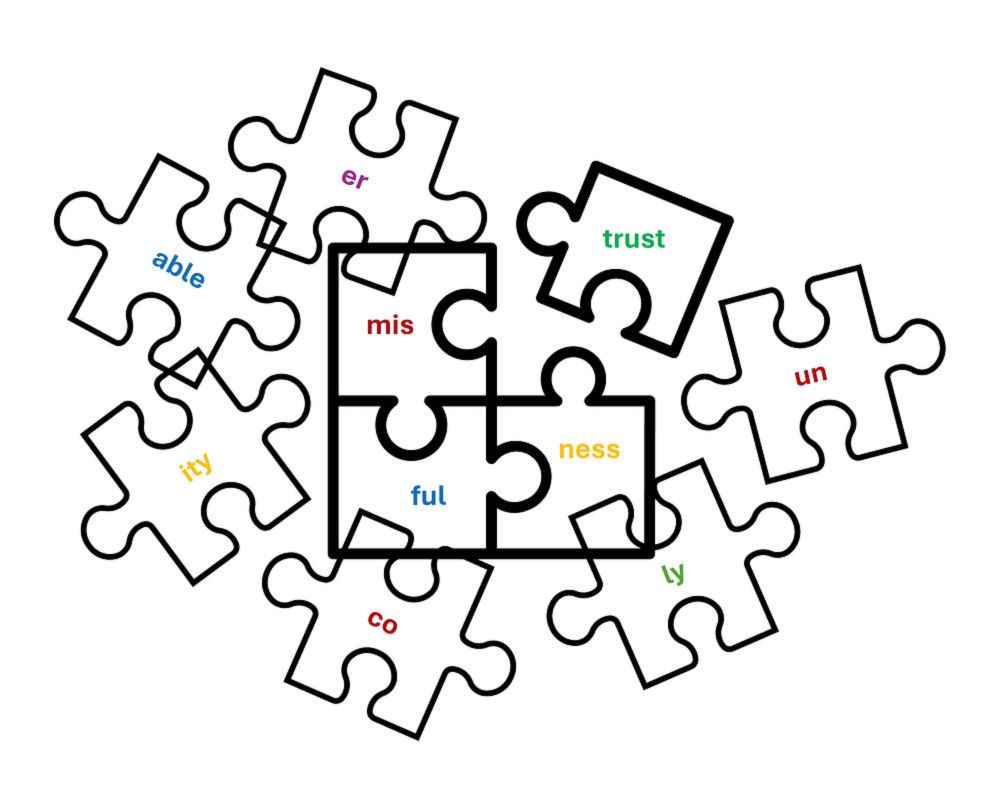

Read it here: www.cambridge.org/core/journal...
Read it here: www.cambridge.org/core/journal...

Huge thanks to all participants for making our AG 13 'Heritage speakers learning languages' a success! 😊
And stay tuned—we’re working on a special issue featuring contributions from the workshop!

Huge thanks to all participants for making our AG 13 'Heritage speakers learning languages' a success! 😊
And stay tuned—we’re working on a special issue featuring contributions from the workshop!



The answer: hell yes! 734 visits from wild mice - plus rats, shrews, slugs ("running" being subjective here) & even frogs and snails.
The apparent reason: fun. Just fun.
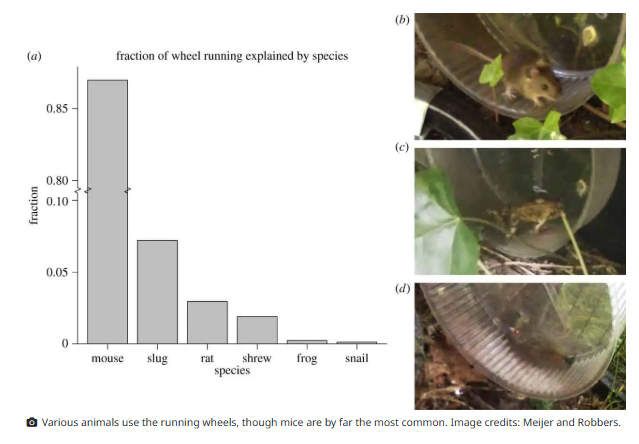
The answer: hell yes! 734 visits from wild mice - plus rats, shrews, slugs ("running" being subjective here) & even frogs and snails.
The apparent reason: fun. Just fun.
link.springer.com/article/10.3...
link.springer.com/article/10.3...
The advantage of spaced studying is well documented for explicit learning, but is there such an advantage for incidental #StatisticalLearning of novel #Language?
Jasper de Waard from @jthee.bsky.social’s lab tested it! Find out what we found here : 🔗 doi.org/10.3758/s134...
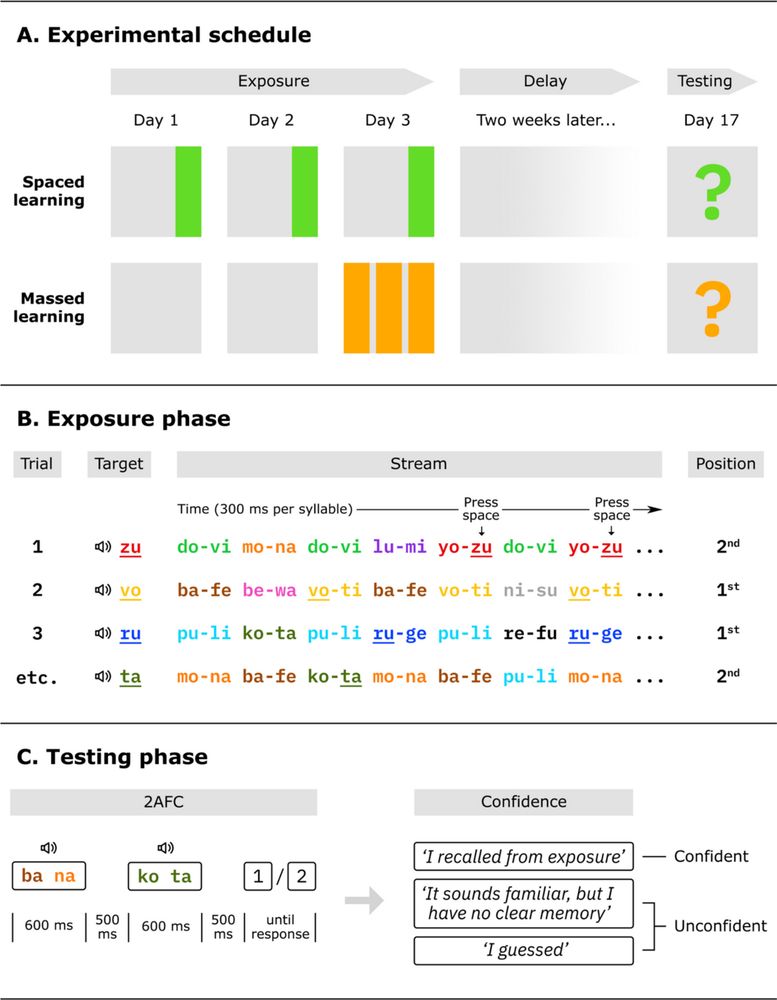
The advantage of spaced studying is well documented for explicit learning, but is there such an advantage for incidental #StatisticalLearning of novel #Language?
Jasper de Waard from @jthee.bsky.social’s lab tested it! Find out what we found here : 🔗 doi.org/10.3758/s134...
@onurunki.bsky.social - Sentiments towards heritage languages and their speakers! We surveyed 80 HL researchers and conducted a sentiment analysis on 1000+ HL paper abstracts to investigate...
brill.com/view/journal...
@onurunki.bsky.social - Sentiments towards heritage languages and their speakers! We surveyed 80 HL researchers and conducted a sentiment analysis on 1000+ HL paper abstracts to investigate...
brill.com/view/journal...


